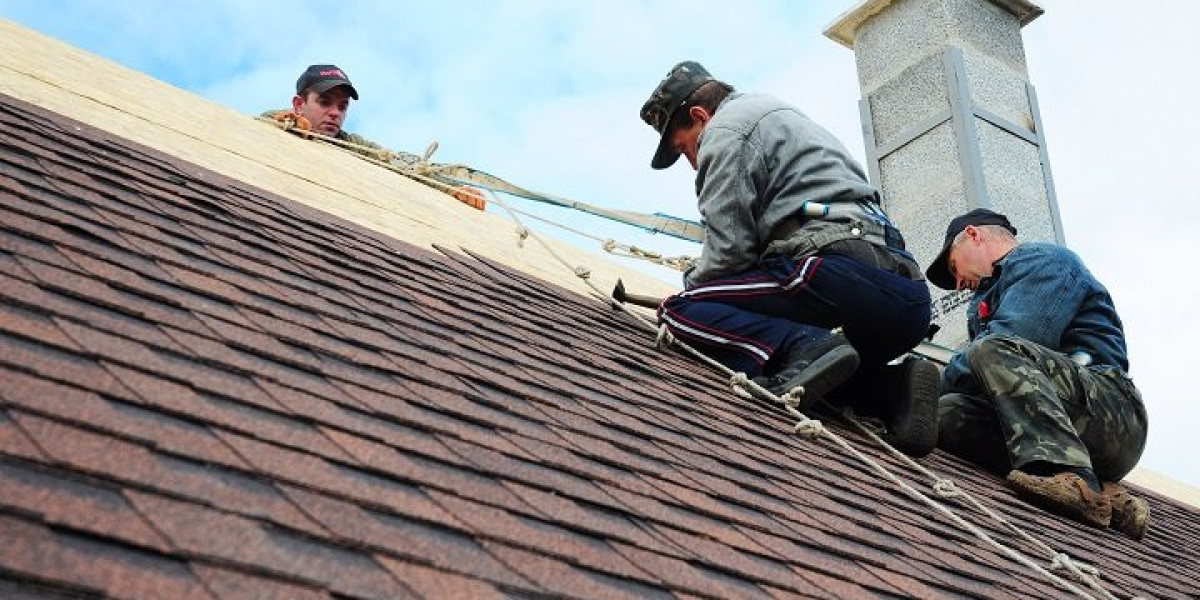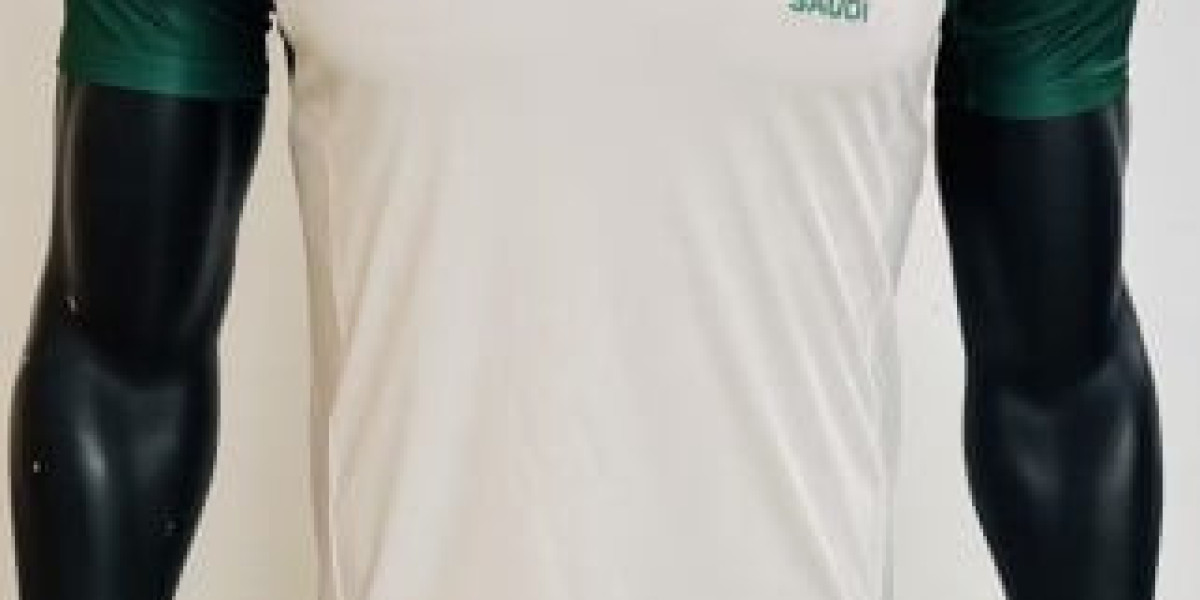Commercial roofing is a crucial aspect of any business’s infrastructure ensuring the safety protection and longevity of the building. A well-maintained roof is essential for safeguarding against the elements conserving energy and even boosting a company’s overall aesthetic appeal. Whether you’re building a new structure or in need of roof repairs or replacement understanding commercial roofing systems can help make informed decisions about your property. We’ll also touch on the value of investing in quality commercial roofing and how it can impact your business in the long run.
What is Commercial Roofing?
Commercial roofing refers to the installation repair and maintenance of roofs on commercial buildings including offices warehouses retail spaces schools hospitals and more. Unlike residential roofing which typically uses shingles or tiles commercial roofing involves larger and more complex systems to address the specific needs of businesses.
Commercial roofs are typically flat or low-slope due to the need for accommodating HVAC units vents and other equipment. These roofs are designed to withstand the weight of this equipment handle different types of weather conditions and support insulation or drainage systems.
Types of Commercial Roofing Systems
There are several types of commercial roofing systems available each with its own set of benefits. The choice of roofing system depends on various factors such as building size local climate and budget. Here’s a closer look at some of the most popular types:
1. TPO Roofing (Thermoplastic Olefin)
TPO is one of the most common flat roofing options used in commercial settings. It’s a single-ply membrane made from a combination of polypropylene and ethylene-propylene rubber. TPO roofing is known for its durability energy efficiency and UV resistance making it ideal for businesses looking to cut energy costs.
Advantages:
- Excellent energy efficiency due to reflective properties
- Cost-effective installation and maintenance
- Resistant to punctures tears and impact
2. EPDM Roofing (Ethylene Propylene Diene Monomer)
EPDM is a synthetic rubber roofing membrane that has been used for commercial roofs for decades. Its flexibility makes it a good option for buildings in areas with extreme temperature fluctuations. EPDM roofing is highly resistant to UV rays ozone and weathering.
Advantages:
- Long lifespan (up to 50 years)
- Excellent waterproofing and weather resistance
- Cost-effective and easy to install
3. Modified Bitumen Roofing
Modified bitumen is an asphalt-based roofing system that comes in rolls. It is often used for low-slope roofs and is applied in multiple layers for added protection. Modified bitumen offers both flexibility and durability with a variety of installation options.
Advantages:
- High resistance to water UV rays and temperature changes
- Strong tear-resistant material
- Various options for installation including hot-mopped cold-applied or torch-down methods
4. Metal Roofing
Metal roofs are an excellent option for businesses looking for a durable and long-lasting roofing system. These roofs are made from materials like steel aluminum or copper. They are particularly suitable for buildings in areas with high wind or snow loads.
Advantages:
- Long lifespan (up to 70 years)
- Fire-resistant and energy-efficient
- Low maintenance and environmentally friendly
5. Green Roofing (Living Roofs)
Green roofs also known as living roofs involve the installation of vegetation on top of a waterproof membrane. This innovative roofing option not only provides insulation and energy efficiency but also contributes to environmental sustainability.
Advantages:
- Natural insulation properties
- Stormwater management benefits
- Aesthetic appeal and potential for urban farming
Key Factors to Consider When Choosing a Commercial Roofing System
Selecting the right roofing system is an important decision for any business. Below are some key factors to consider when choosing a commercial roofing system for your building:
1. Climate and Weather Conditions
The local climate plays a significant role in determining the best roofing material. For instance metal roofing may be more appropriate for areas prone to heavy snow while TPO might be ideal for businesses located in warmer regions where energy efficiency is a top concern.
2. Building Size and Type
The size and type of your commercial building will also influence your roofing choice. Larger buildings may require systems like EPDM or TPO while smaller buildings or those with complex designs may benefit from a more customizable roofing system like modified bitumen or metal roofing.
3. Energy Efficiency
A key factor for many business owners is energy efficiency. Commercial roofs with reflective coatings or green roofs can help reduce heating and cooling costs by keeping the building temperature regulated.
4. Budget and Cost Considerations
The upfront costs of roofing installation can vary widely depending on the type of roofing system chosen. It’s essential to balance your budget with the long-term benefits as a more expensive roofing system may offer greater durability and energy savings in the long run.
Common Commercial Roofing Issues
While commercial roofs are built to last they are not immune to wear and tear. Over time various factors can contribute to roofing issues which could lead to costly repairs or replacements. Some of the most common problems that commercial roofs face include:
1. Ponding Water
Ponding occurs when water collects in low areas of the roof and doesn’t drain properly. This can cause significant damage over time including leaks mold growth and even structural issues.
2. Leaks and Moisture Damage
Leaks can develop due to poor installation weathering or the presence of damaged roofing materials. Moisture penetration can lead to insulation damage mold and deterioration of the building structure.
3. Damaged Membranes
A commercial roofing membrane can become damaged by weather falling debris or wear and tear. Cracks punctures and tears can allow water to seep through the roofing system compromising the building’s integrity.
4. Poor Insulation
Inadequate insulation can result in energy inefficiencies leading to higher heating and cooling costs. It’s crucial to ensure that your commercial roof is properly insulated to maintain optimal energy performance.
Why Professional Commercial Roofing Services Matter
Working with professional commercial roofing contractors like Sierra Roof Inc. can help ensure that your roof is installed maintained and repaired correctly. Their expertise allows for precise installation minimizing potential issues down the line. Additionally experienced contractors can help you choose the right roofing system for your business and provide ongoing maintenance to extend the life of your roof.
Conclusion
Commercial roofing is an essential investment for any business. Understanding the different types of roofing systems common issues and factors that influence your choice can help you make informed decisions when it comes to your roof. By working with professional roofing services like Sierra Roof Inc. you can ensure that your commercial building is protected energy-efficient and set up for long-term success.















